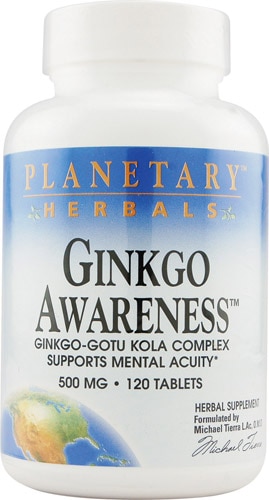Sadly, sitting still and doing nothing is not part of most job descriptions. But, as counterproductive as it seems, maybe it should be. Many large corporations, including Target, Google, Ford, Adobe and Aetna have already jumped on the meditation bandwagon, establishing employee well-being programs that promote mindfulness, meditation’s close cousin.
Similar to meditation, mindfulness is an activity that is perhaps best described as drawing one’s attention to the sensations of the present moment, and then gently observing any mental wanderings that get in the way. While mindfulness is less circumscribed than meditation and can be done anywhere—eating, working, commuting—meditation is a slightly more formal practice, best executed sitting down with minimal distractions.
Decades of research suggest that setting aside time for meditation can improve focus, lower stress and anxiety, boost immunity and amplify well-being. In fact, part of corporate’s support of meditation has been its boon for a company’s bottom line.
According to a study tracking Aetna employees (a health insurer), “employees who participated in the company’s free mindfulness program (it included yoga and meditation) enjoyed a 28% reduction in stress, 20% better sleep, and 19% less pain, as well as an increase in worker productivity worth an estimated $3,000 per employee per year.”
With the research on the benefits of meditation steadily rolling in over the last decade, meditation feels less woo-woo, more worthwhile. Plus the cumulative stress of constant stimulus, screen creep, and multitasking almost demands it as an antidote: the need to unplug and bask in inner quiet. It can even help us get perspective and heal our own reactions to negative events both at home—and at large.
If you are interested in meditation but skeptical of whether it’s for you, read on to get the down low on these four common meditation misconceptions.
1. It’s hard to learn
This is not a practice reserved for saints, yogis, and aspiring Buddhas. It’s less esoteric than many people assume. There are a wide variety of meditation techniques that can make it accessible and doable no matter how fidgety you are. Truthfully, it can be as simple as observing your breath or focusing your gaze on an object.
2. I’m not the type
Do you associate meditation with New Agey, crystal wielding, om-chanting hippies? While many relegate meditation to the realm of the mystical, it’s in fact a very straightforward and practical method of directing your attention. So even if you think it’s not your bag, that it’s irredeemably boring, and that you can’t sit still, don’t let those thoughts get in the way. It’s exactly these kinds of limiting thoughts meditation exposes as inconsequential.
3. Nothing happens
In some ways, at least initially, you may have the experience of being bored. There might not be an obvious epiphany—at least right away. And so you may have a sense of nothing happening, but you may also have a sense of being conscious of nothing happening. This shift in awareness, from the experience itself to the one-who-experiences, is the magic of meditation.
In that shift to witness, you start to enter the silent stream of awareness. And when thoughts arise, as they will, such as this is boring—you don’t need to judge or evaluate the thought. Instead, you can override your thoughts by simply watching them come and go. You identify with the one watching the thoughts, not the thoughts themselves.
The distance between thought and thinker and creates a gap. This gap is the quiet that already exists in the space between our thoughts. So yes, it may feel like nothing, but it’s a beautiful, potent nothing. As Deepak Chopra says, “In every meditation, there are moments, even if only microseconds, when the mind dips into the gap and experiences the refreshment of pure awareness.”
4. I don’t have time
Even if you sincerely believe you don’t have ten minutes in the day to spare, you can create the time for things that matter to you. Meditation doesn’t have to be long to be effective. Even ten minutes a day can have a significant impact on your mood or mental state.
Don’t set up meditation as a discouraging numbers game, but do play around with how much time works best for you. You may find that if you make time to meditate, you feel less hurried and frantic, almost as if you have gained time.
The experience of dipping into the present that meditation gives you may carry over to the rest of your day, making you feel more grounded and able to tackle exactly what’s in front of you, with a tempered kind of clarity.




